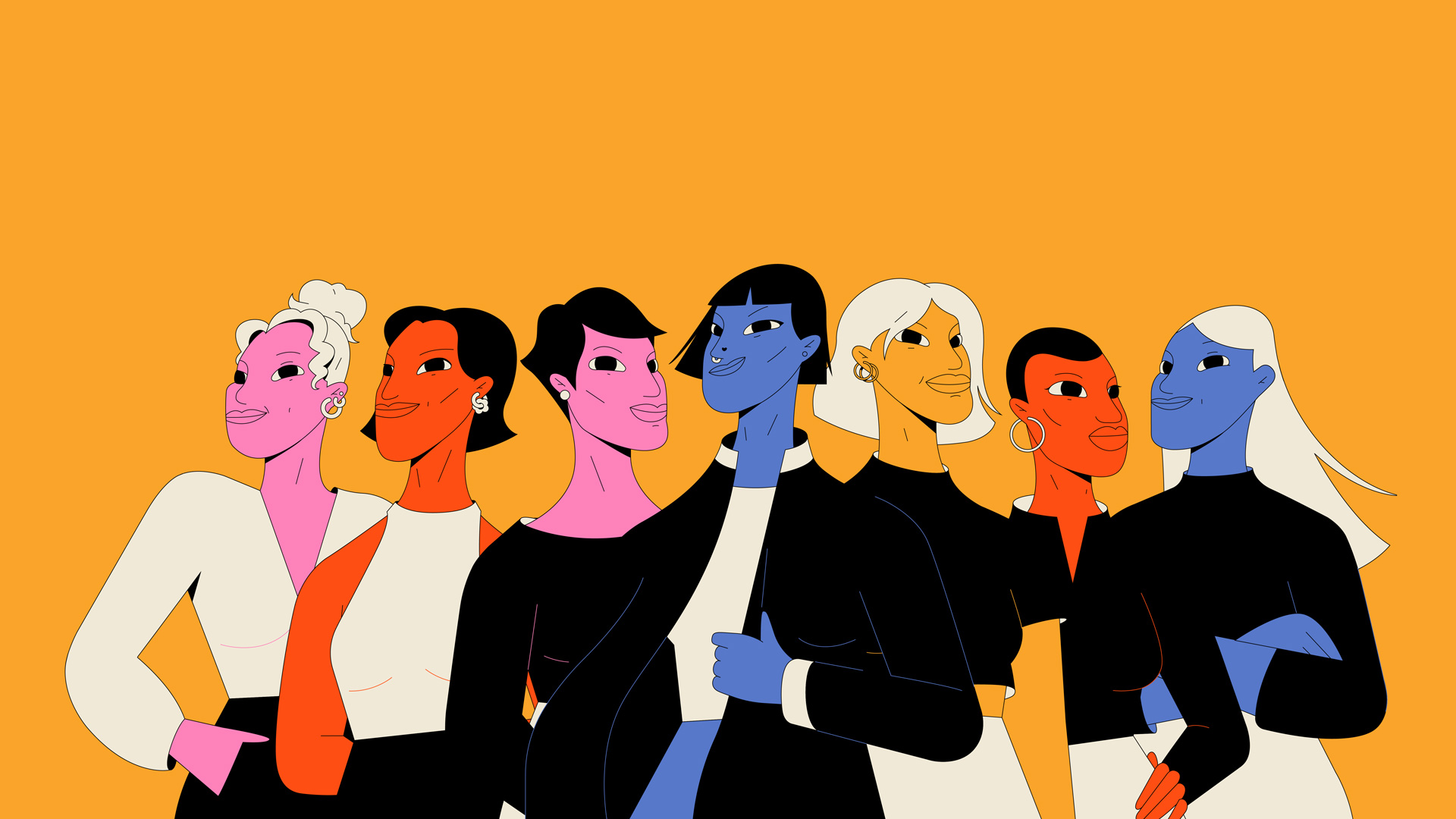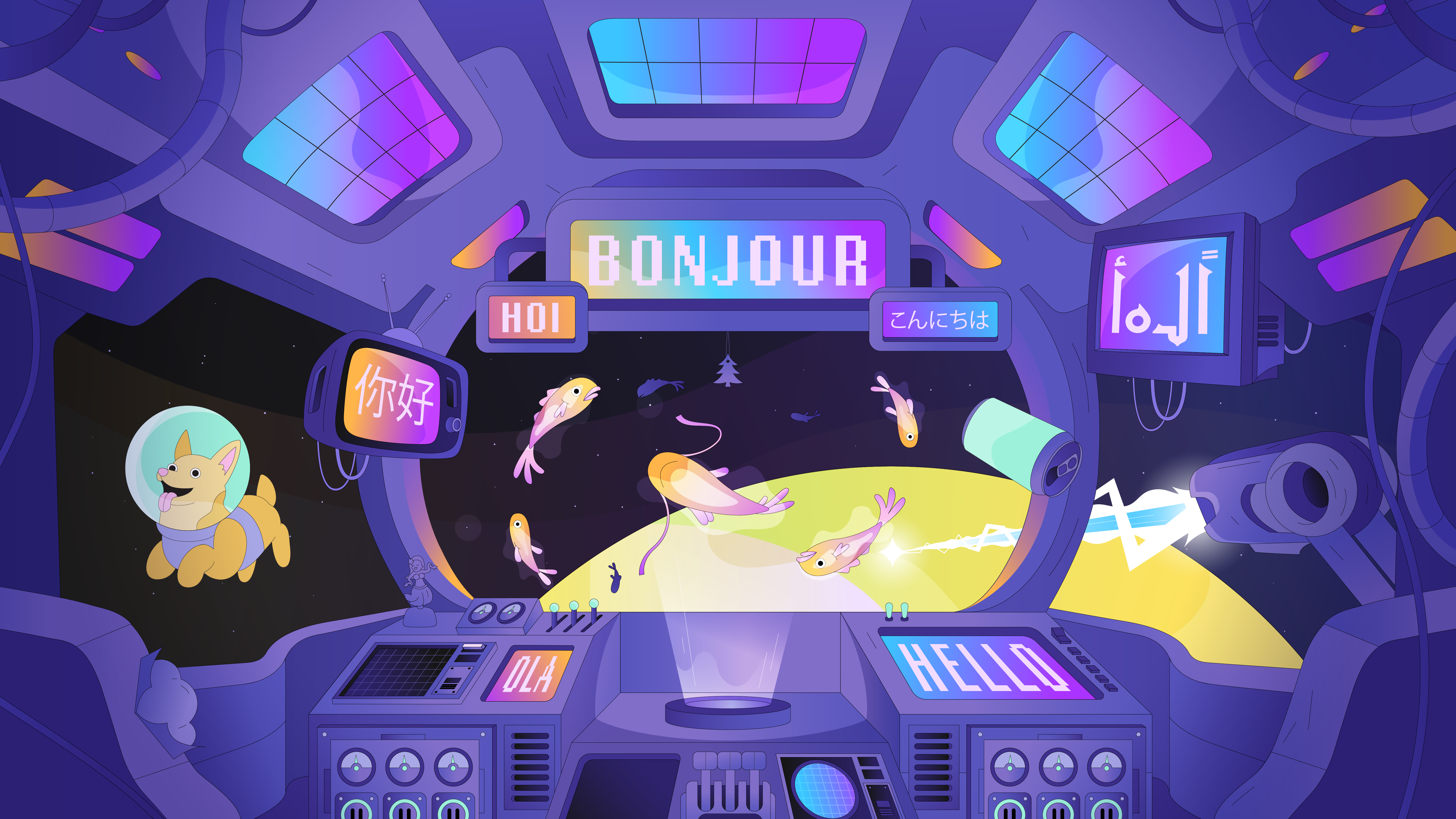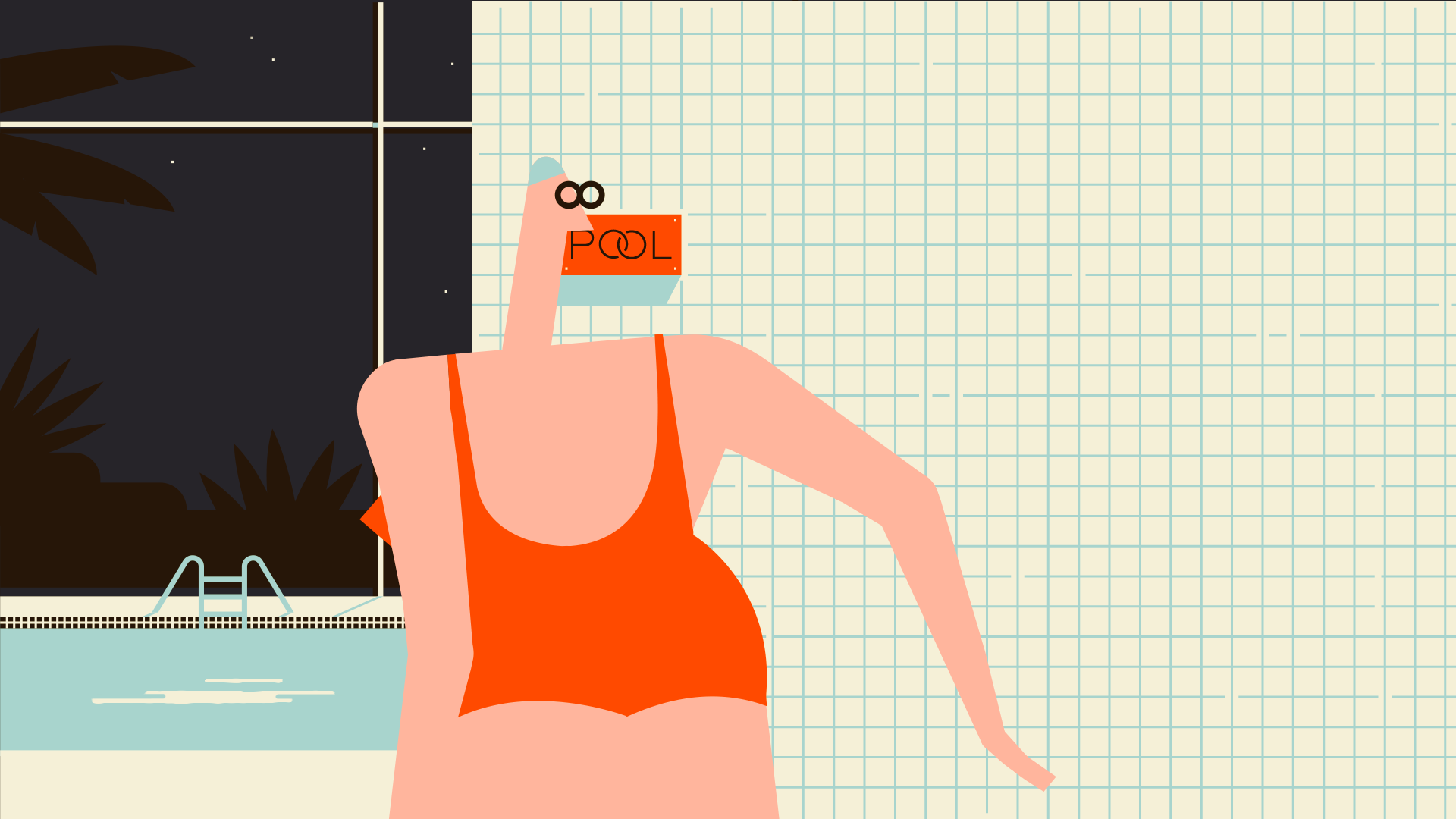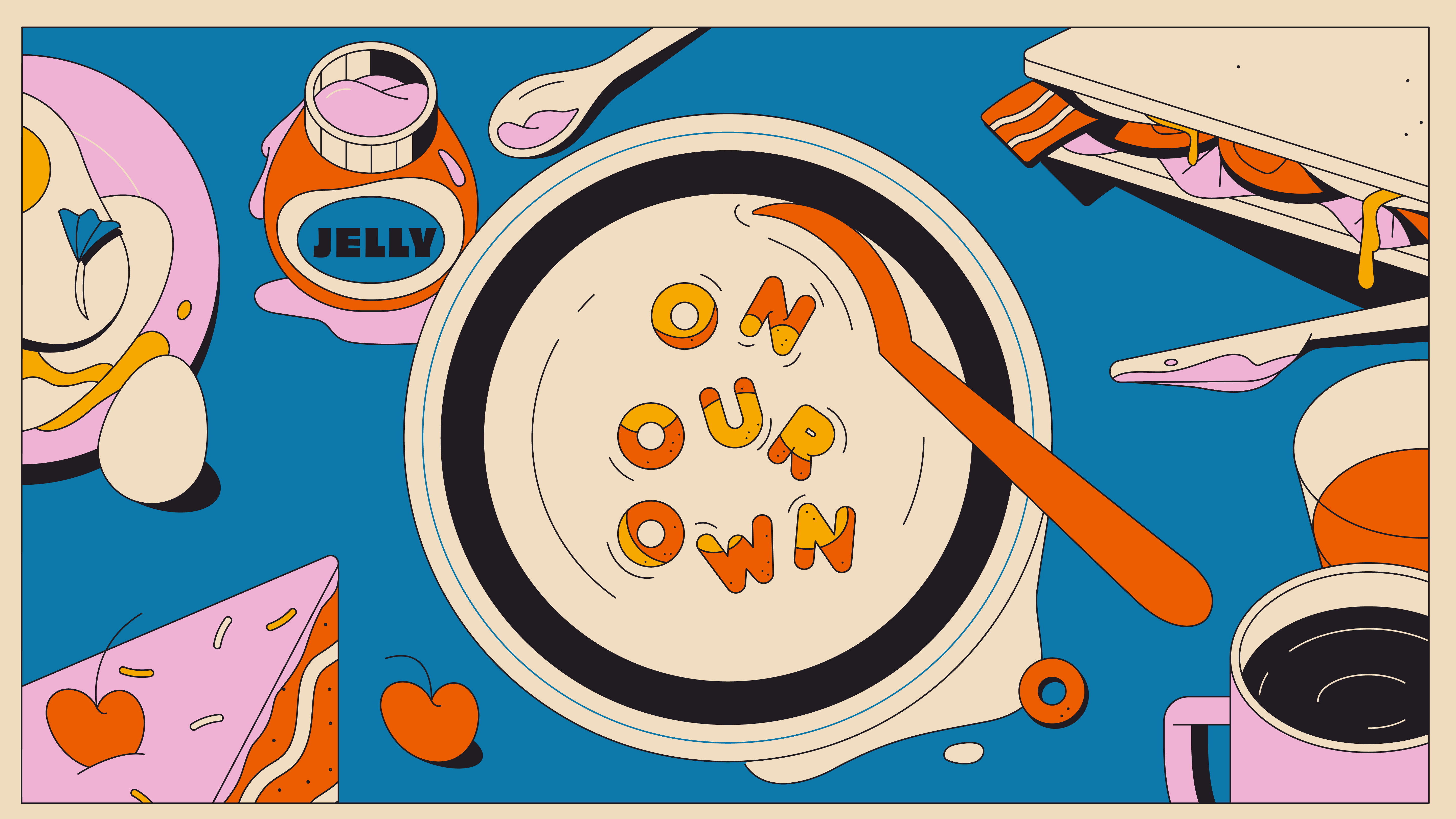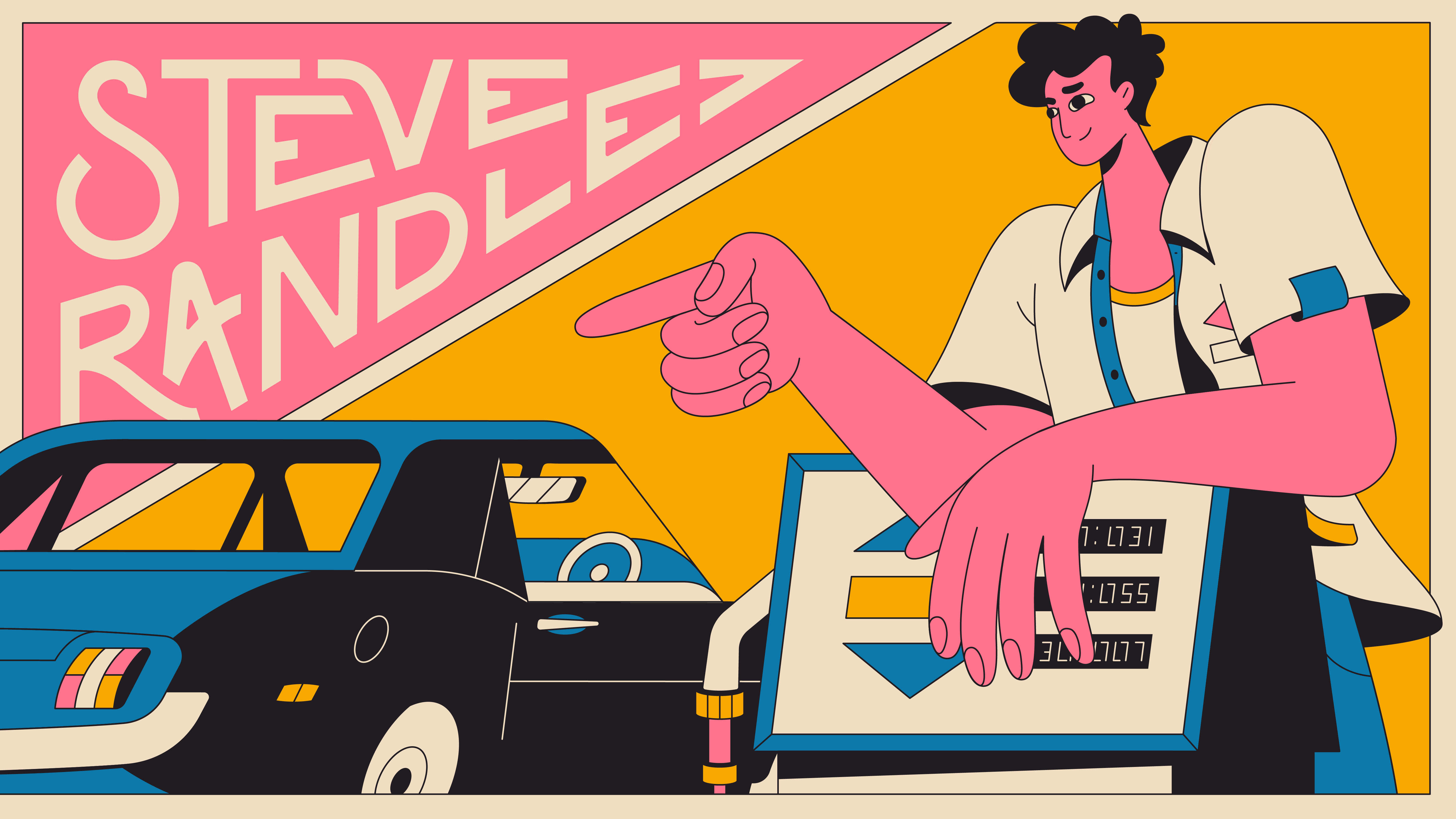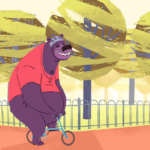Expert insights: Daniéla de Lange from We Are Batch
Thank you readers for returning to our second edition of Murmur, this time we are going International and are joined by the wonderful and passionate founder and co-owner of the all-female studio We Are Batch, Daniéla de Lange.
Batch’s world of 2D animation is bold and joyful, and comes from a progressive and diverse team of women from across the globe. We covered a lot of ground during our conversation, and I’m delighted to be able to showcase Daniéla’s perspective as a businesswoman and artist.
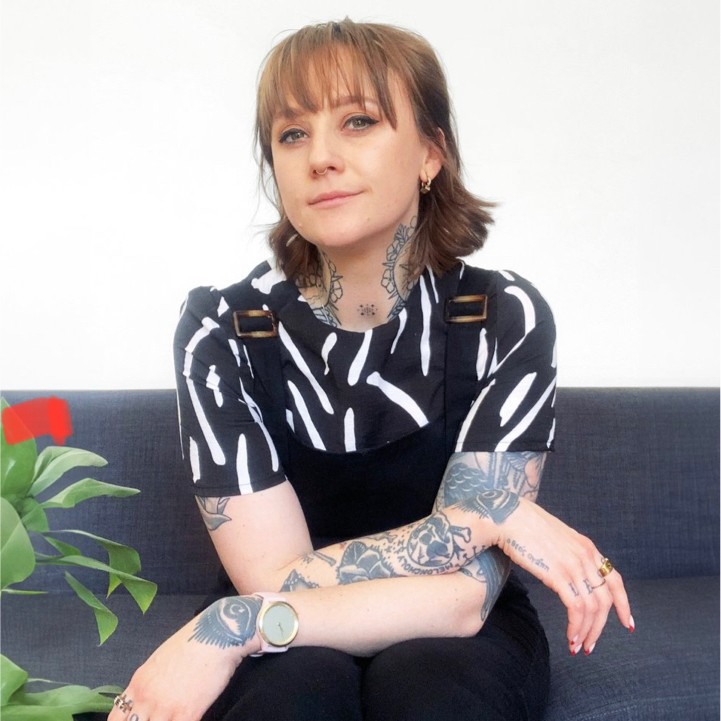
Daniéla de Lange
“How would you introduce yourself to a stranger at dinner?”
“My first instinct is to say I’m shy, so I usually don’t tell people what I do. I’d say, “Hey, I’m Danni, and I’m an accountant.” That’s usually my go-to. But if it’s relevant to the industry, I’d say, “Hey, I own an animation studio with my partner. It’s called ‘We Are Batch,’ and we’re an all-female studio fighting for equal pay and rights for women and the LGBTQIA+ community. We do illustration and animation.”
I like Daniéla’s industry-relevant answer; concise, to the point, and perfectly sums up We Are Batch’s mission statement as a studio. Occupying this kind of dedicated space in any industry can have its own specific challenges and the main one that Daniéla highlights is finding talent.
Along with championing women in animation and design, they emphasise versatility of style and, increasingly, a positive working culture. So finding someone who can adapt to both the brief and working culture can take a little time. Daniéla explains; “When it comes to bringing in people full time, I have a philosophy that skills can be taught but attitude can’t.”
A zero tolerance for toxic behaviours in the workplace means that Daniéla is working with people who want to be in that safe environment and can really focus on creating seriously top-quality creative work. It’s a way of curating a desirable and productive work atmosphere based on personal responsibility and professionalism, something which is rightly becoming more and more valued in today’s world.
There are opportunities for freelancers to hop aboard Batch for a project and Daníéla points out that it’s easier in those situations to prioritise skill level first and then make sure that they are keen to adopt the work and culture ethics. We Are Batch prefers to tap into the local talent pool first, wanting to champion opportunities for women in their country and help nurture local talent. It’s also important to look locally because, as Daníéla points out, South Africa is still a developing country, and it’s relatively expensive to look somewhere like the States for help.
They are conscious that Freelancers can be an unknown quantity, and that the risks of unreliability and skill gaps have become something of a concern recently.
“It’s making us cautious, especially if we’re on a high-risk job or an expensive client. Those are typically the jobs where we would need help and bring freelancers in. If I’m looking for a Freelancer I need and rely on their skill. The point is to supplement the team and not to create more work for the team.”
In an industry where precarity can loom like a spectre, it feels more important than ever to build positive relationships on solid foundations of trust, so that artists and studios can feel a common benefit, and work together to overcome the shared challenges as fears that we all face. It’s a shame that issues like this have appeared to the point that it’s affecting decisions, but hopefully, if we make the impact more widely known, then we can nip these issues in the bud.
So how does We Are Batch’s relationship with clients reflect the desire to create a positive culture?
”We champion the workflow and we champion the success of a project.”
A project that is mapped out efficiently can be a sure path to success. Daniéla tells me that clearly open communication and defining the phases of a project – outlining how they get from one phase to another – is important, as well as being honest with clients about the drawbacks of backtracking on the production.
Of course, you can’t control how people react to what they see, but managing how you react is key. For Daniéla, being clear and honest about what changes in a project will look like, can help avoid massive delays or blows to team morale.
”My reaction to changes is always ‘Yes we can change it, but this is the time implication, and this is the cost implication. We are at the point where we are balancing client experience with our own and picking our battles very carefully.”
Speaking with Daniéla, it is clear that the years of experience she has leading a studio has given her a great sense of how to manage client expectations and needs during a project through honest and open communication, and setting realistic outcome expectations. There is a no BS approach which I really admire – the terms that are agreed upon are the terms that are stuck to throughout a project – there is no room for any funny business.
It plays into We Are Batch’s emphasis on truly valuing the people that make it what it is, which means respecting the work and private lives of everyone involved no matter who or where they are.
From the work produced, it is quite obviously an approach that works, and one they intend on building on.
“One of our goals is to really level up now that we’re established. The business model is there, we’ve stabilized, and we’re pushing for even better work. We want people to think of us not just as a studio, but as a place where people get better and grow.”


